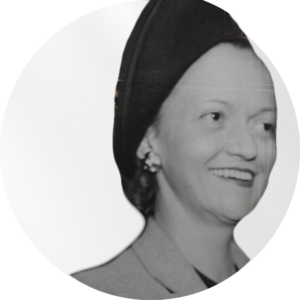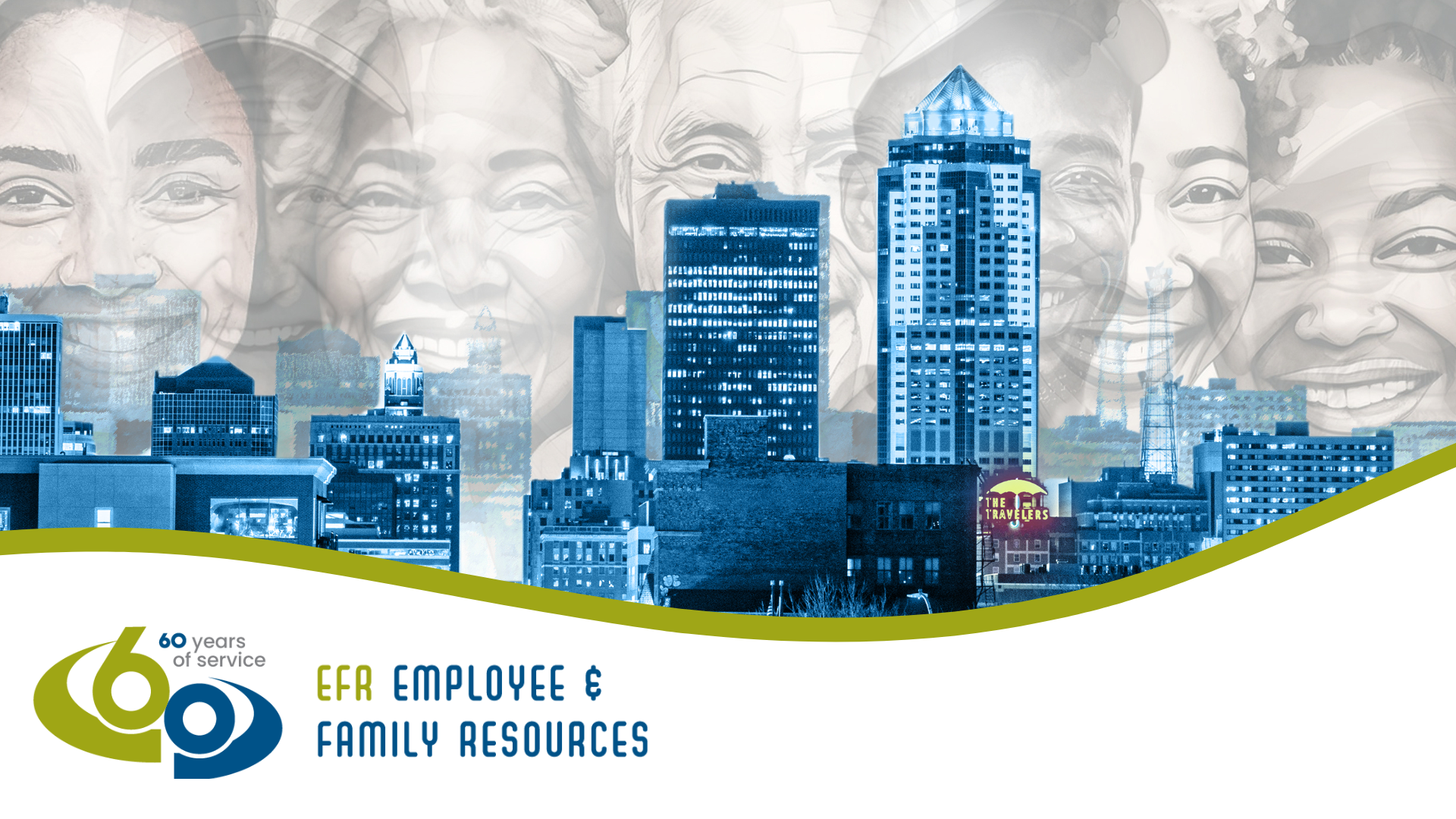Let’s journey back to where it all began…
The year is 1964. Martin Luther King, Jr. won the Nobel Peace Prize “for his non-violent struggle for civil rights for the Afro-American population”. President Johnson signed the landmark Civil Rights Act. The Beatles took America by storm with their debut on the Ed Sullivan show. Pop-tarts popped onto the scene as an American breakfast favorite. And the country was in the midst of a social and cultural revolution that would shape the coming decades.
Meet Dorothea and Anna: Two Unlikely Heroes


In Des Moines, Iowa, history was also being written by a pair of unlikely heroes. Dorothea Tone, a civic leader and philanthropist, and her best friend, Anna Meredith, both members of prominent and respected Des Moines business families (Tone Spices and Meredith Publishing), founded the Iowa affiliate of the National Council on Alcoholism (NCA) in October 1964. They championed the understanding of alcoholism as a treatable disease, not a character defect —a revolutionary concept at the time.
David Dillon, in his 1983 history of the organization, noted …” for the problem [of alcoholism] was widely regarded as a moral failing or character defect. The stigma was formidable, especially for persons who had to preserve a public name and reputation.”
This context underscores the bravery and vision of Tone and Meredith, founding an organization in an era when women were just beginning to gain some basic civil protections under the law.
From Addiction to Advocacy
Although regarded as civic-minded, Dorothea Tone and Anna Meredith were driven by deeply personal reasons to launch the Iowa affiliate of the National Council on Alcoholism (NCA). In 1959, Dorothea Tone recognized she was an alcoholic and sought out treatment at Hazelden in Minneapolis.
Recalling her relief at the diagnosis, she said, ‘At the time I thought I was going crazy. It was actually a relief to find that I wasn’t insane, but was alcoholic,’ as noted by biographer Dillon.
While at Hazelden, Tone became acquainted with Marty Mann, the founder of the National Council on Alcoholism. She was extremely impressed by the work of Mrs. Mann in cities across the country to get the attention of community leaders to set up programs to educate on and support individuals with alcoholism.
Dorothea returned to the Des Moines community energized to combat the stigma of alcoholism by educating on the disease and providing resources in the community through the Iowa affiliate of the National Council on Alcoholism. Her friend, Anna Meredith, joined the cause, motivated by seeing her dear friend get well at Hazelden.
Then vs. Now: Advancements in Understanding and Recovery
While much has changed in the past six decades at the Iowa affiliate of the NCA (now Employee & Family Resources, or EFR) and in the field of addiction, some things seem eerily similar… but let’s first focus on the good news and progress.
Addiction and mental illness are now widely known to be brain diseases that impact people from all walks of life. This shift was made possible by research and scientific study on these conditions, their causes, and possible treatments.
Since those early days when the peer support of Alcoholics Anonymous (AA) was one of the only options available, treatment methods have evolved significantly. Today, in addition to AA, there are multi-modal treatments that integrate medications and therapy, address both physical and mental health with addiction, and focus on the whole person in their environment, marking significant advancements in the field.
More Than a Name Change: EFR’s Programs Expand to Fulfill Our Mission
In 1996, the Iowa affiliate of the NCA changed its name to Employee & Family Resources to better reflect how the organization had expanded its reach and expertise beyond alcoholism and drug dependence. The grass-roots and entrepreneurial spirit of the organization’s founders have lived on through the rich and mission-based growth of its programs.
In 1975, the organization pioneered Iowa’s first employee assistance program (EAP), followed by the student assistance program (SAP) in 1977 in response to needs identified by employers and schools to support their employees and students. This pattern of identifying a community need and developing a solution is the EFR way. For decades, EFR has collaborated with stakeholders in communities and businesses, driving improvement and progress through prevention, early intervention, and treatment programs.
In addition, EFR’s programs and services have intentionally reached out to support the most vulnerable individuals in our communities, including those impacted by addiction, mental illness, generational poverty, systemic bias, refugees and immigrants, and others who don’t know where to turn. EFR has served the underdogs in our society, offering a voice and beacon of hope for many who feel voiceless and hopeless.
60 Years Later: There is Still Work To Do
Which brings me back to the eerie similarities to 1964…despite six decades, we have not eradicated the stigma associated with seeking help for mental illness or addiction. In fact, the suicide death rate increased by 3% from 2021 to 2022; and drug and alcohol-related deaths, including overdoses, continue to kill at alarming rates. Further, data estimates that 40% of those in need of treatment for mental illness or addiction do not receive the help they need.
Despite progress in the behavioral health field, our society still struggles to prioritize brain health. Today’s world, with the internet, social media, smartphones, and a 24-hour news cycle, is vastly different than in 1964. These technological advancements were unimaginable back then, and while many view them as progress, they prompt us to question—are we truly better off?
EFR is proud to celebrate our 60-year history! We also have work to do. Our mission is to help people manage life’s challenges to reach their full potential. As long as life presents challenges, EFR will have work to do.
Thank you for celebrating this organization’s rich history and impact on SO many individuals, families, companies, and communities over the past six decades!

